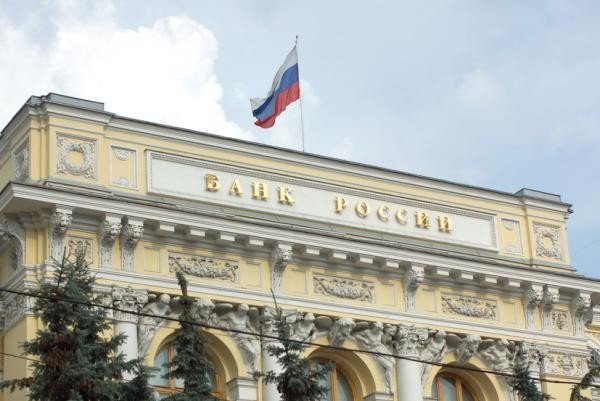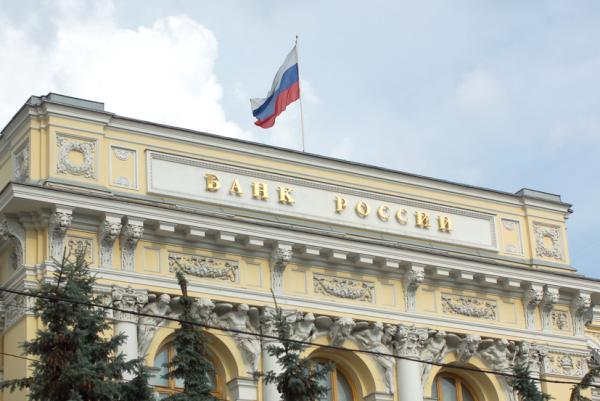Oil prices fell below $30 a barrel on international markets for the first time since April 2004, before recovering again.
Brent crude, used as an international benchmark, fell as low as $29.96, but bounced back to trade at $30.22.
Oil prices have fallen by 70% in the past 15 months.
Earlier, Russian PM Dmitry Medvedev warned tumbling oil prices could force his country to revise its 2016 budget.
Dmitry Medvedev said that the country must be prepared for a “worst-case” economic scenario if the price continued to fall.
Taxes from oil and gas generates about half the Russian government’s revenue.
The 2016 federal budget that was approved in October was based on an oil price of $50 a barrel in 2016 – a figure President Vladimir Putin has since described as “unrealistic”.
Government departments have been ordered to cut spending by 10%, repeating a policy imposed in 2015, Reuters reported.
Pensions and pay for government workers will be protected from the cuts, which could save as much as 700 billion rubles ($9.1 billion).
Finance minister Anton Siluanov said that the Russian budget could only be balanced at an oil price of $82 a barrel.
He said the 2016 budget should be revised to assume an oil price of $40 a barrel.
“Our task is to adapt our budget to the new realities,” Anton Siluanov said.
Economy Minister Alexei Ulyukayev warned that Russia faced a long period of low commodity prices with oil at $15 or $20 a barrel.
“The biggest risk is that there will be low prices for a long time – that is, for years, for decades,” he said.
Dmitry Medvedev also said that high interest rates were holding back economic growth in Russia.
The Bank of Russia held rates at 11% last month, with Governor Elvira Nabiullina warning of “high volatility” in global markets.
In 2015, the central bank shocked markets by increasing rates from 10.5% to 17%.
Inflation stands at 15% in Russia, but the bank hopes it would fall to 4% by 2017.
https://www.youtube.com/watch?v=R__gtzfRhks
